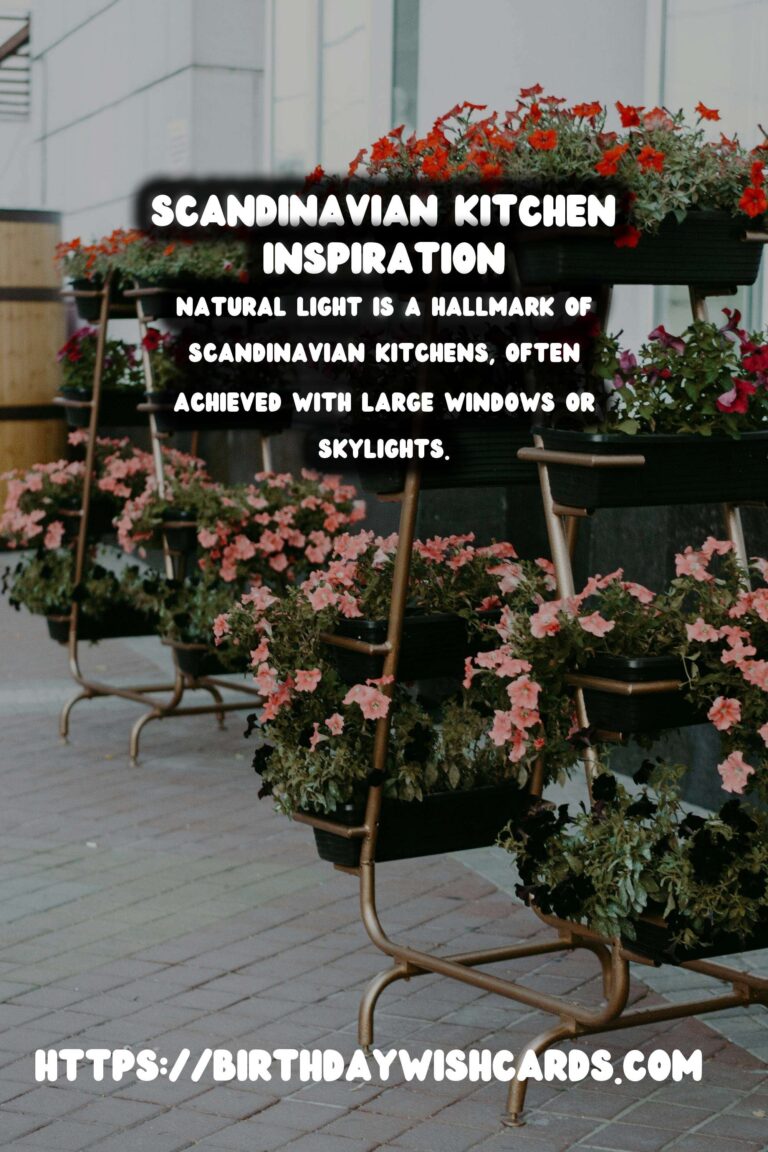
Scandinavian design has become synonymous with simplicity, functionality, and minimalism. Originating from Nordic countries, this design philosophy focuses on creating spaces that are both beautiful and practical. A Scandinavian style kitchen is characterized by clean lines, neutral colors, and natural materials.
Key Features of a Scandinavian Kitchen
When designing a Scandinavian style kitchen, there are several key features to consider. These include an emphasis on natural light, the use of natural materials, and a palette of neutral colors. Each of these elements contributes to the overall aesthetic and functionality of the space.
Emphasizing Natural Light
One of the hallmarks of Scandinavian design is the use of natural light. With long, dark winters, maximizing daylight is essential in Nordic countries. In your kitchen, consider installing large windows or skylights to let in as much natural light as possible. Opt for sheer curtains or blinds that can be easily pulled back.
Neutral Color Palette
A neutral color palette is central to the Scandinavian aesthetic. Whites, grays, and muted tones dominate, creating a calm and soothing environment. This doesn’t mean your kitchen has to be devoid of color. Accents in soft blues, greens, or pastels can add interest without overwhelming the space.
Natural Materials
Natural materials such as wood, stone, and metal are key components of a Scandinavian kitchen. Wood can be used for cabinetry, flooring, or countertops, adding warmth and texture. Stone surfaces, whether in the form of countertops or backsplashes, provide durability and a timeless quality.
Functional Layout
Functionality is at the heart of Scandinavian design. In the kitchen, this means creating a layout that is efficient and easy to navigate. Open shelving can replace traditional upper cabinets, providing easy access to everyday items and displaying beautiful dishware.
Minimalist Approach
Scandinavian design emphasizes minimalism. This means keeping surfaces clutter-free and avoiding unnecessary decorations. Instead, focus on a few well-chosen items that serve both a functional and aesthetic purpose.
Incorporating Greenery
Plants are a simple way to add life and color to a Scandinavian kitchen. Choose easy-to-care-for indoor plants that thrive in your kitchen’s light conditions. Herbs like basil or rosemary can also be grown in small pots on the windowsill.
Lighting Choices
Lighting is an integral part of Scandinavian design. In addition to natural light, consider pendant lights or wall sconces in simple, clean designs. Metal fixtures in black or brushed nickel are popular choices that complement the overall minimalist theme.
Conclusion
Creating a Scandinavian style kitchen involves a blend of functionality and aesthetic appeal. By focusing on natural light, neutral colors, and natural materials, you can design a kitchen that is both beautiful and efficient. Remember to keep the space uncluttered and functional, and incorporate elements of nature to bring the outside in.
Scandinavian design emphasizes simplicity, functionality, and minimalism. Natural light is a hallmark of Scandinavian kitchens, often achieved with large windows or skylights. A neutral color palette of whites, grays, and muted tones is central to the Scandinavian aesthetic. Natural materials like wood, stone, and metal play a key role in creating a Scandinavian kitchen. Functionality and a minimalist approach are at the heart of Scandinavian kitchen design. 
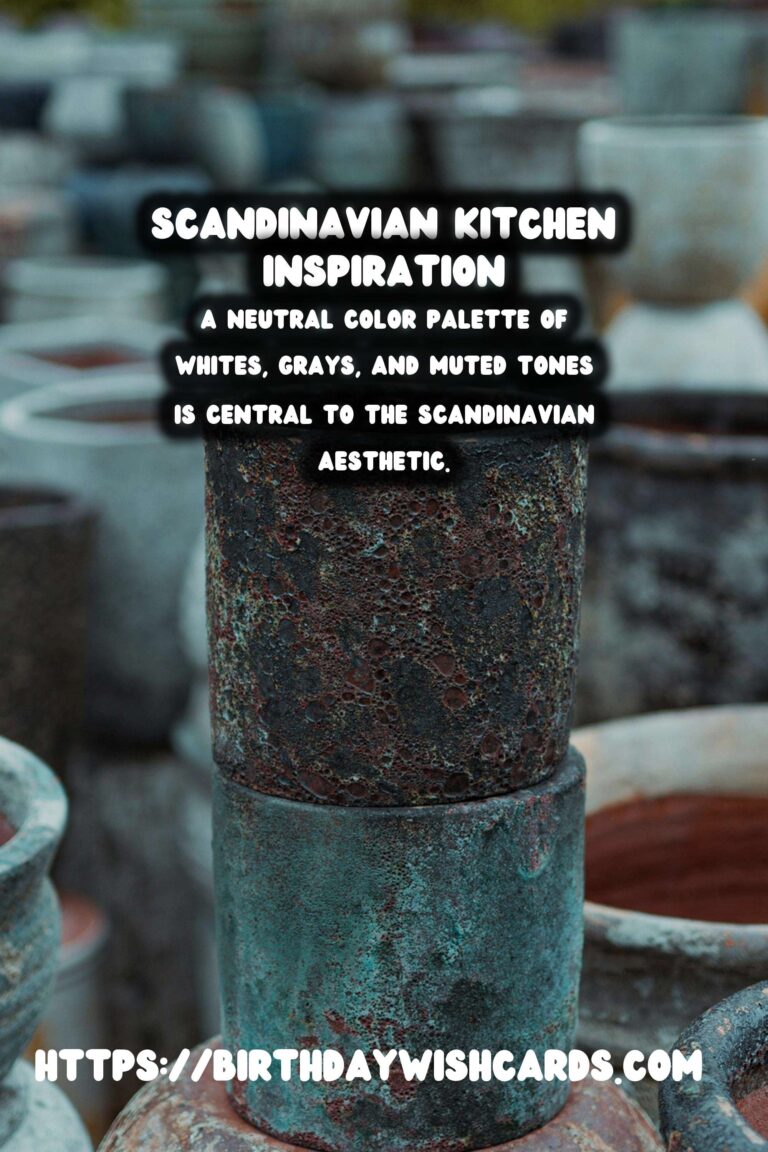
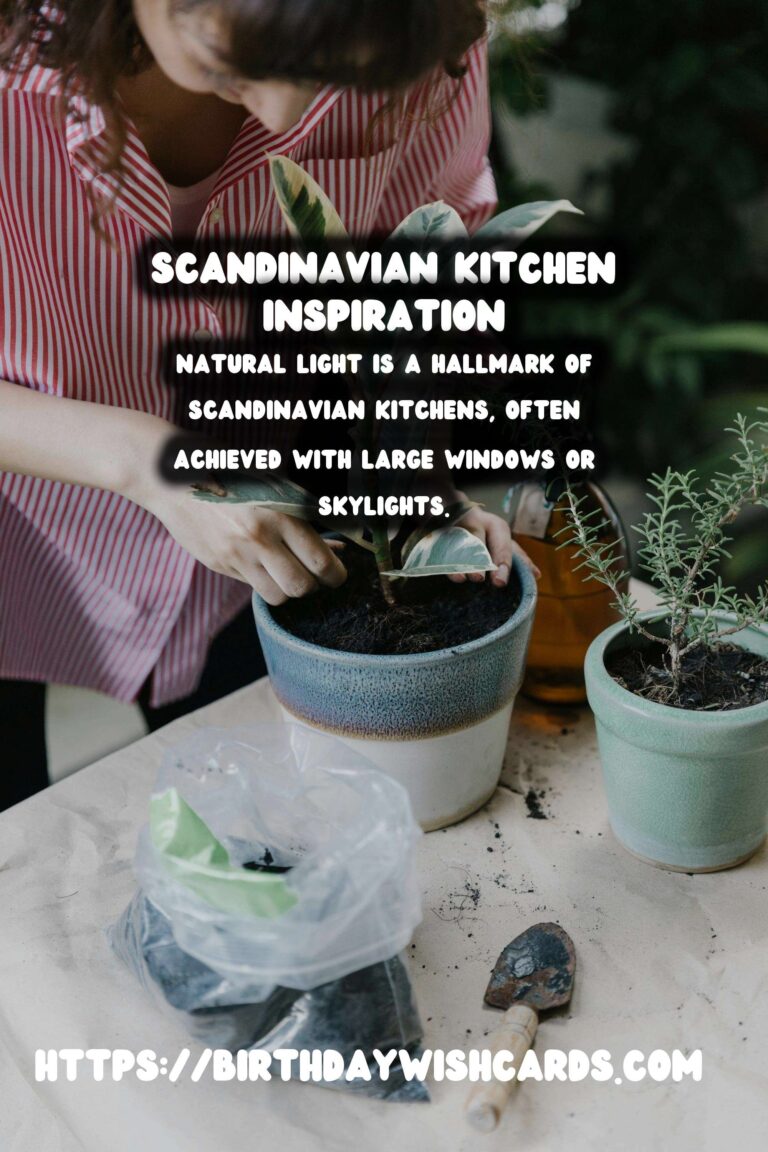
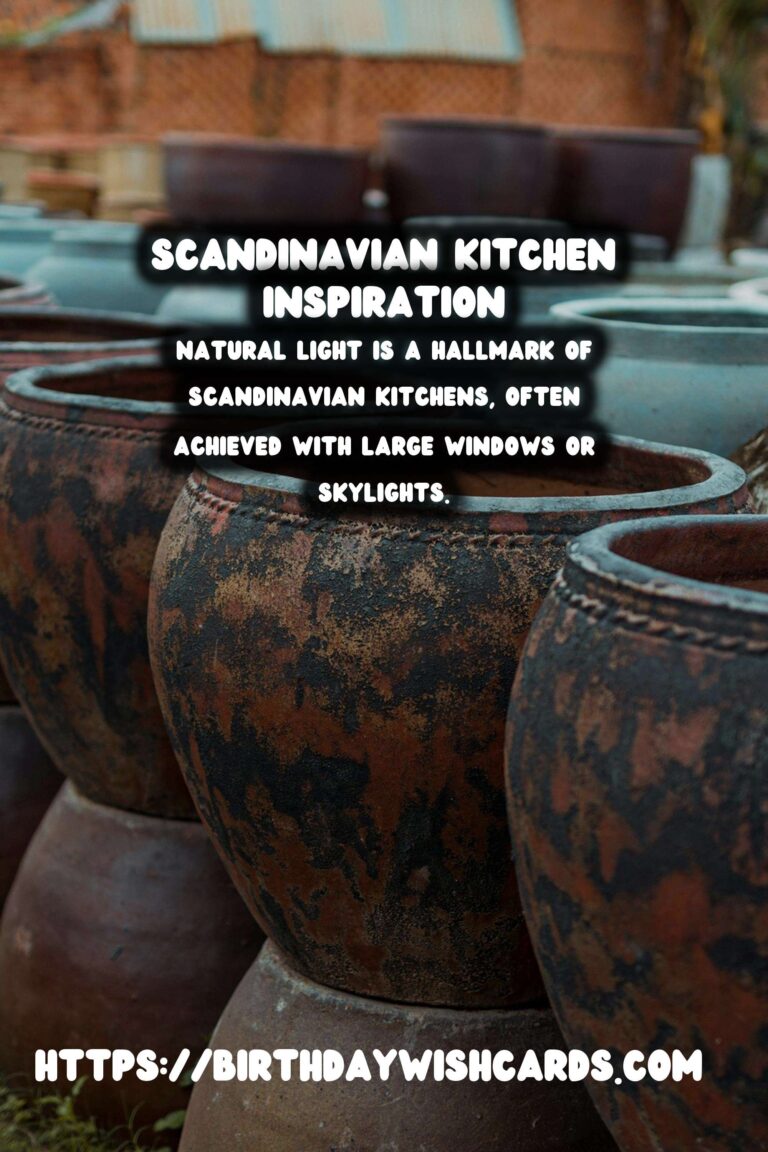
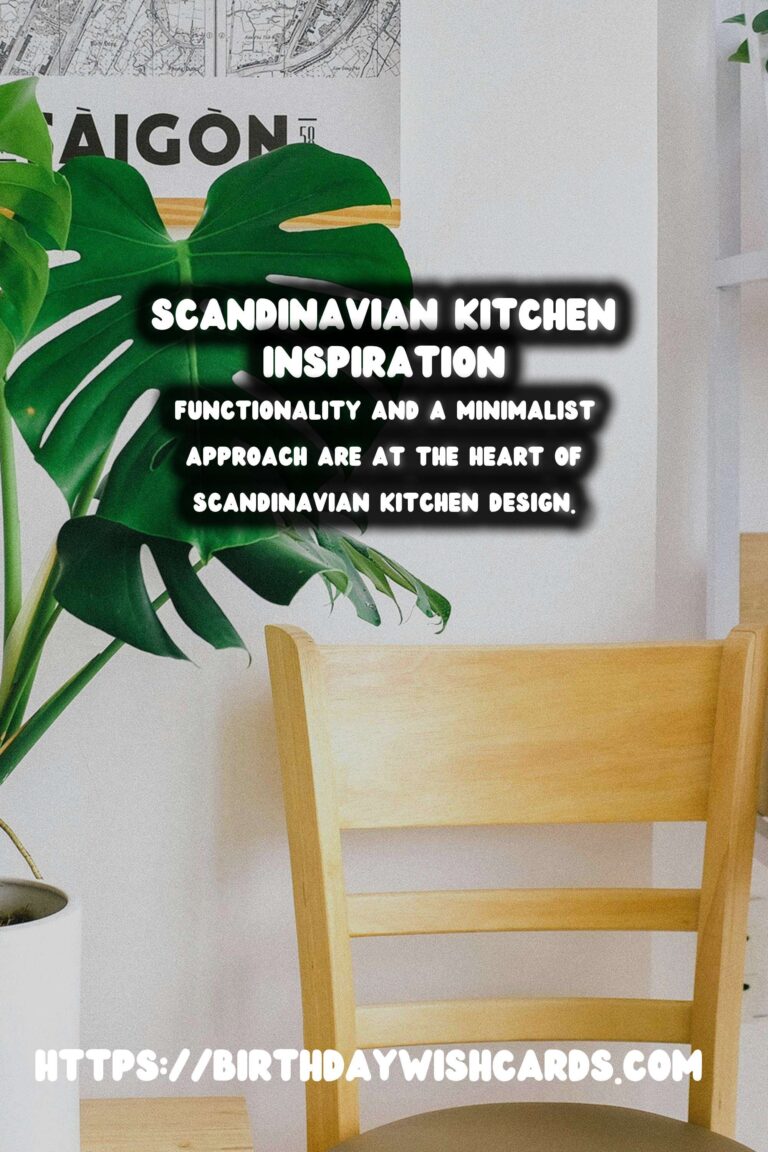
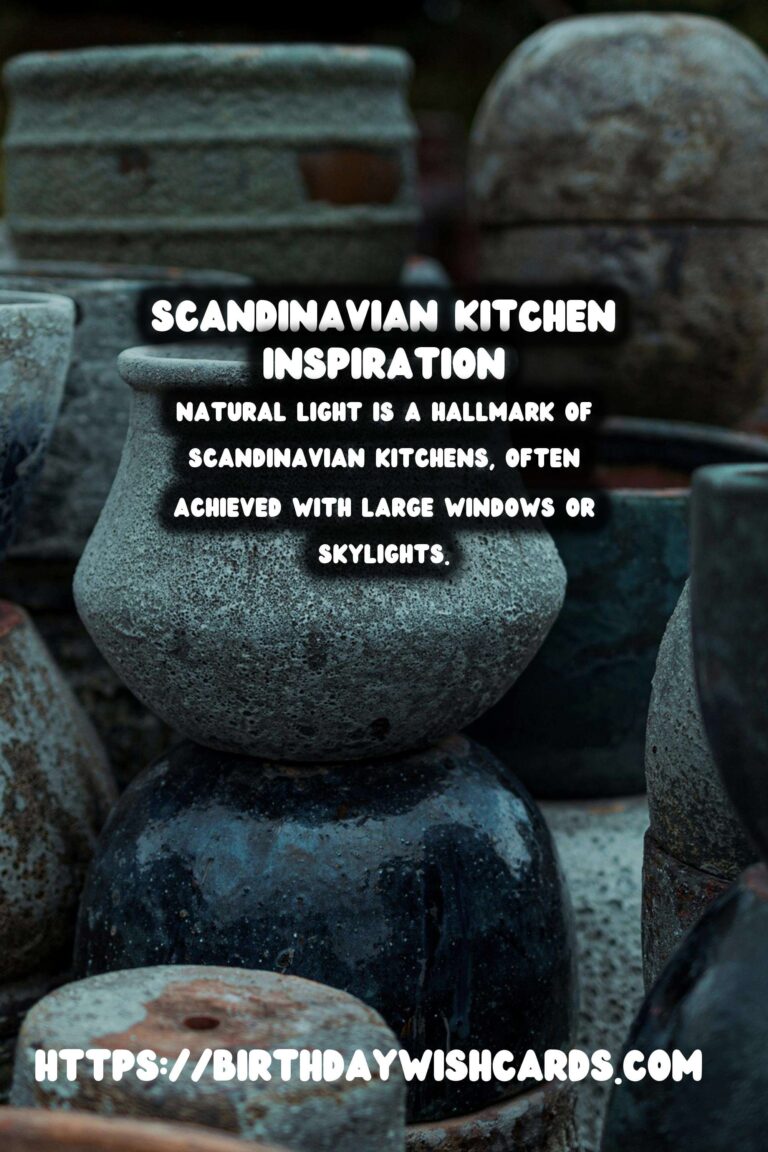
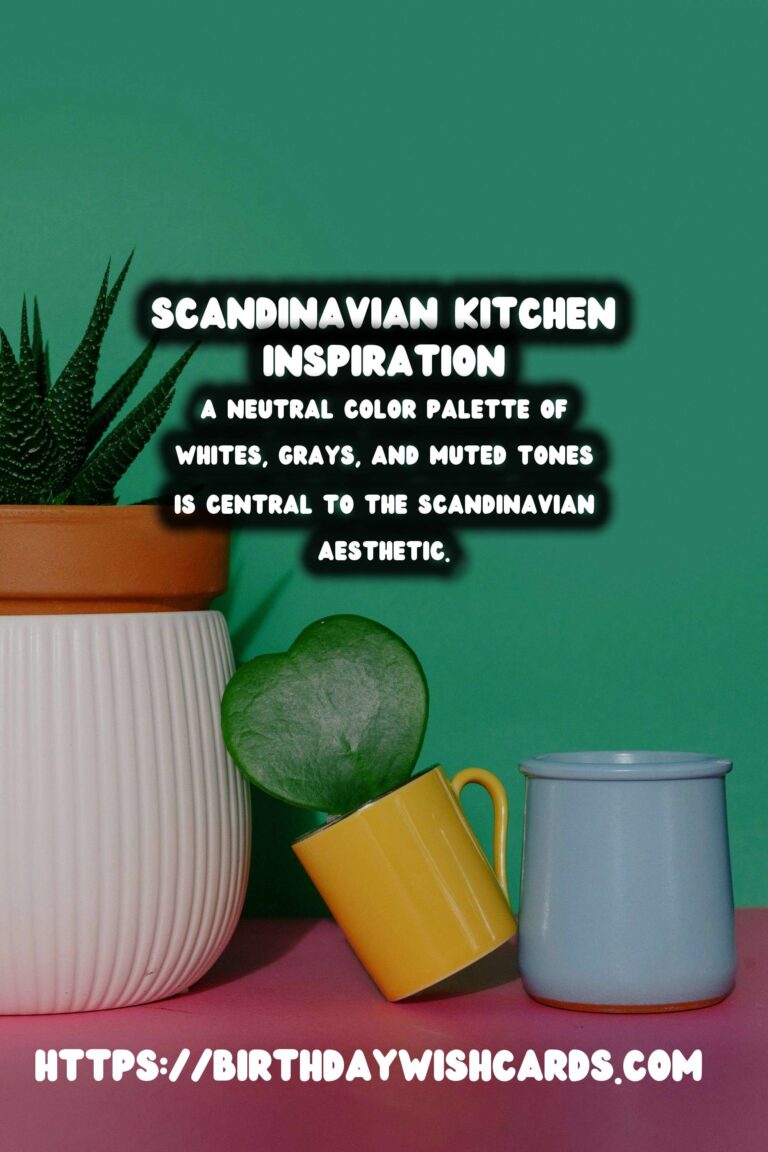
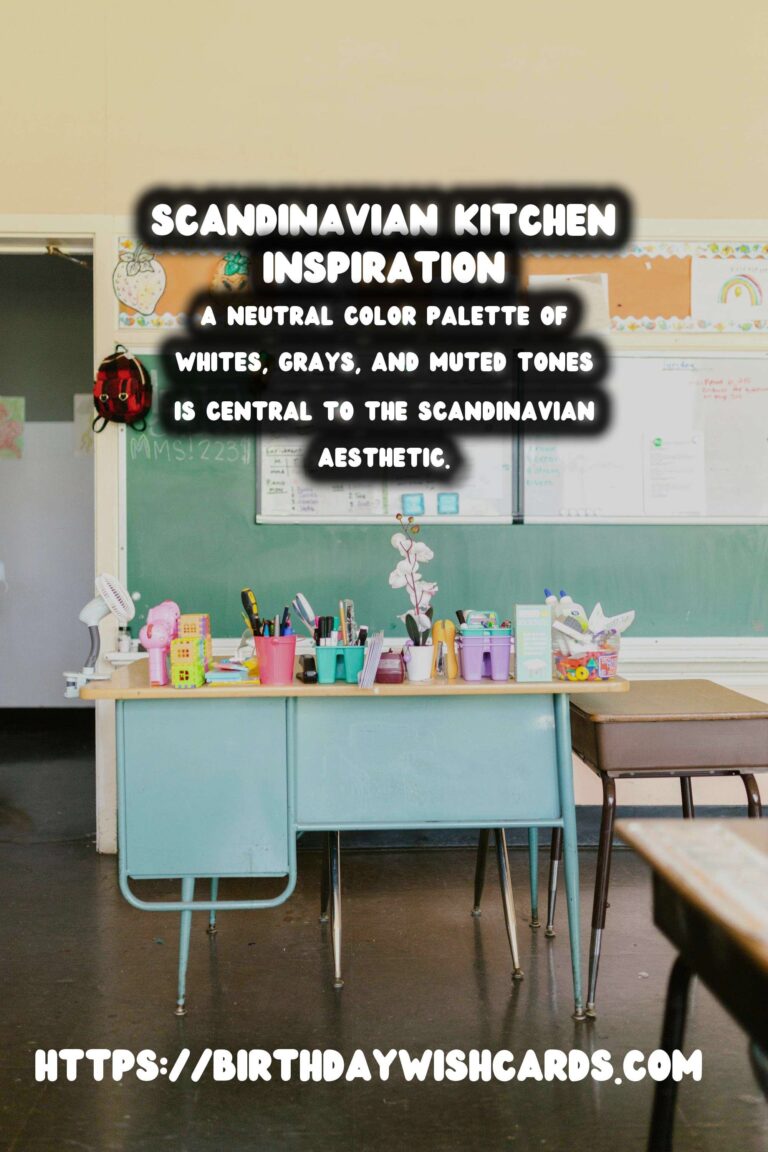
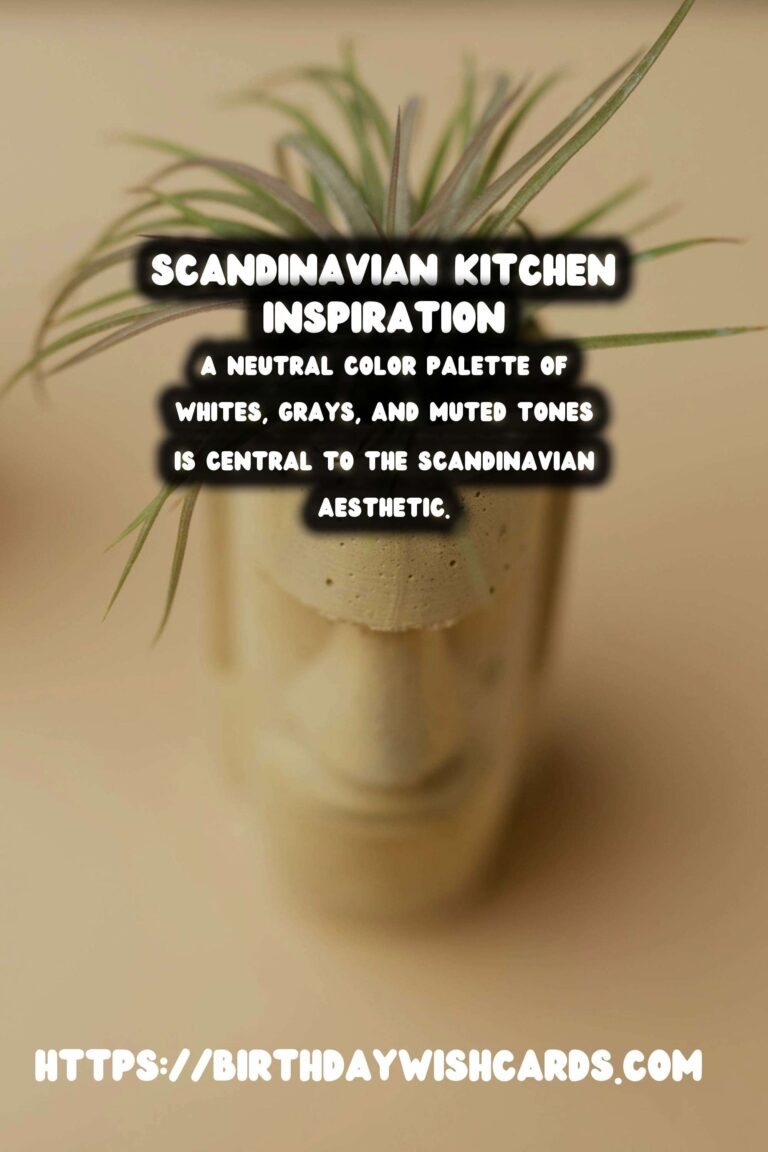
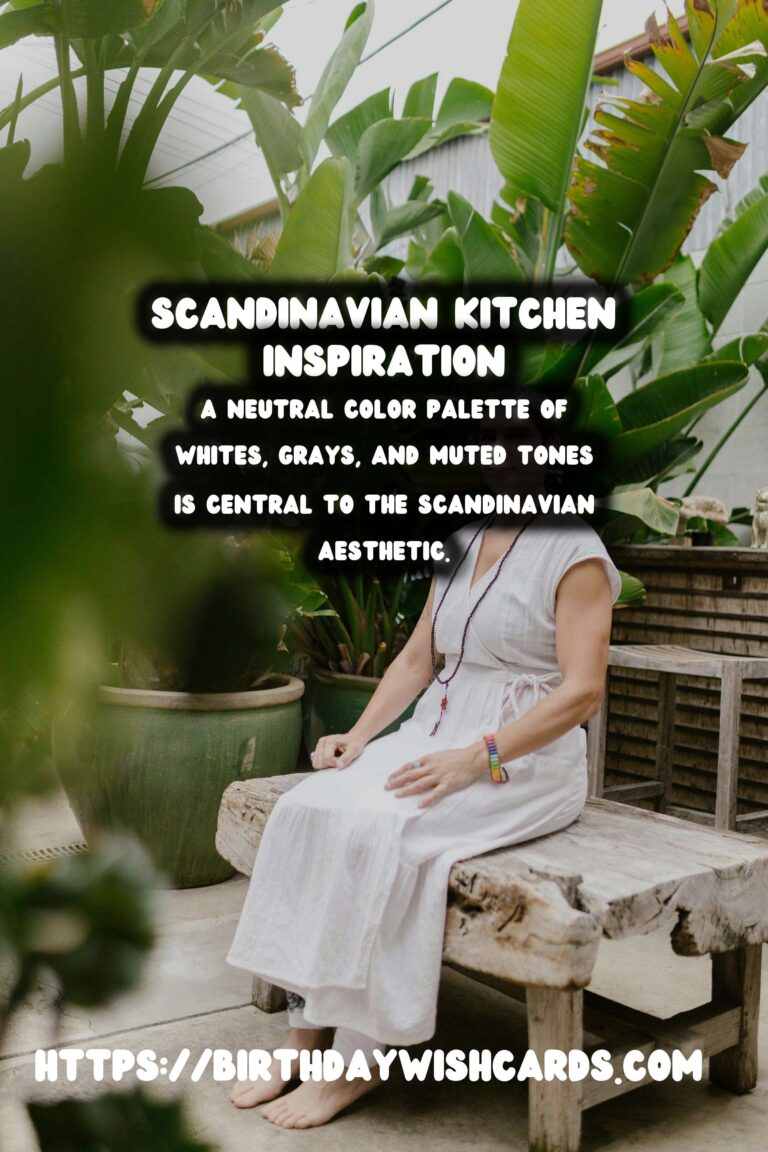
#ScandinavianDesign #KitchenDesign #InteriorDesign #Minimalism #HomeDecor




